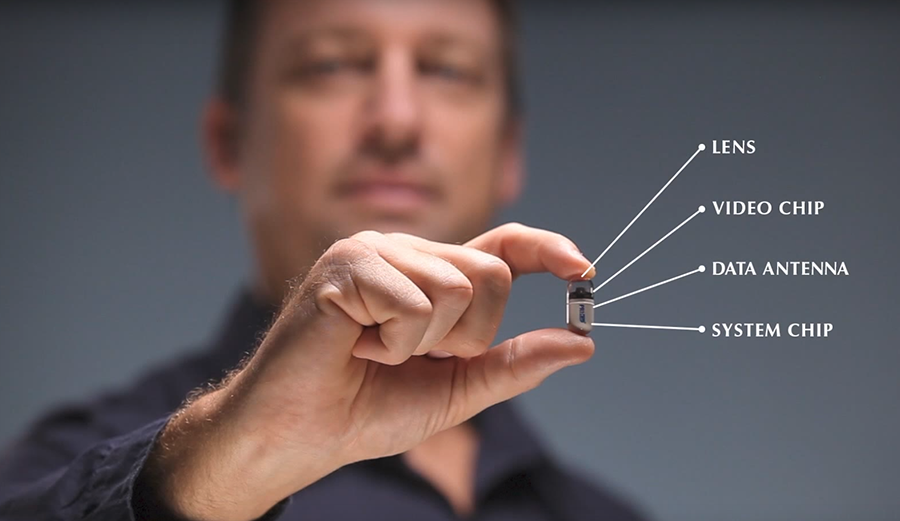With the advancement of technology, healthcare is getting more access to patient information to understand patient behaviors and improved care. The proliferation of wearables such as Fitbit to FDA approved medical devices shows that wearable tech is poised to disrupt the healthcare industry. Markets and Markets report shows that the global market for medical wearable devices will reach $12.1 billion by 2021, with the U.S. representing the largest market in the world.
Related How Mobile Monitoring Solutions are Improving Healthcare
How Wearables Can Benefit the Healthcare Industry?
A wearable device is often used for tracking a wearer’s vital signs or health and fitness related data, location, etc. The healthcare space is going through a digital revolution with the invasion of technology. Medical wearables with artificial intelligence and big data are providing an added value to healthcare with a focus on diagnosis, treatment, patient monitoring and prevention. Wearable devices applied to healthcare offer multiple advantages to healthcare professionals as well as the patients:
- Personalization. The doctor, with the help of a software can quickly create a program based on the needs of the patient
- Early diagnosis. Precise medical parameters in the wearable devices allow early detection of symptoms
- Remote patient monitoring. Healthcare professionals can monitor patients remotely and in real-time through the use of wearable devices
- Adherence to medication. Wearable devices help patient to take medications on time and even inform medical professionals if the patient fails to adhere to medications
- Information registry. The data are stored in real-time, allowing a more exhaustive analysis of the information. This results in a more complete and precise report on the patient’s medical history, which can be shared with other medical specialists.
- Optimum decision by the doctor. The doctor is able to compare and analyze data to make a sharper clinical decision to enhance the patient’s quality of life.
- Saving healthcare cost. Remote healthcare via wearable devices mean saving time and mobility, as it removes the need for the patient to be continuously transferred to the medical center.
Related How Digitization Can Be A Game Changer in Healthcare
The Future of Wearable Devices in Healthcare
Technology is continuously altering the medical industry and the future is no exception. Advancement in healthcare today is amazing compared to 100 years ago, and undoubtedly 100 years from now, the healthcare industry will become unrecognizable from what it looks today. Wearable devices with integration of Artificial Intelligence and Machine Learning will lead the way of future healthcare. Just like smartwatches, Continuous Glucose Monitoring devices, Smart bandages, Smart pills and remote patient monitoring – to name a few – will be common applications in the future healthcare industry.










